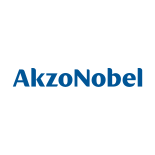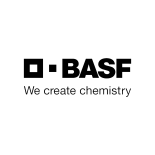A focus group is a form of qualitative research, usually involving 6-8 respondents. They are recruited to participate in a discussion to understand their opinions and attitudes towards particular products or services. Focus groups last between 1-2 hours and are a useful method for gathering rich, insightful information to inform future strategies and decision making within a company.
The key benefits of carrying out focus groups are outlined below.














